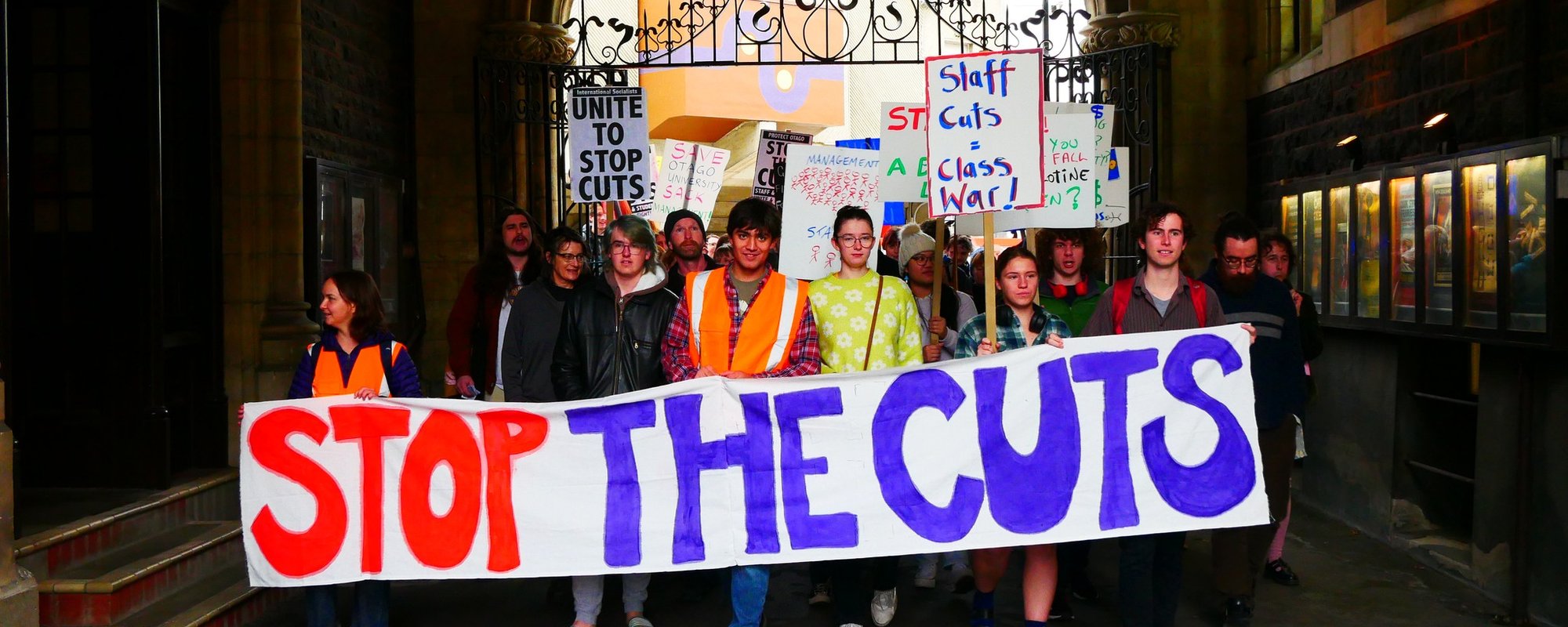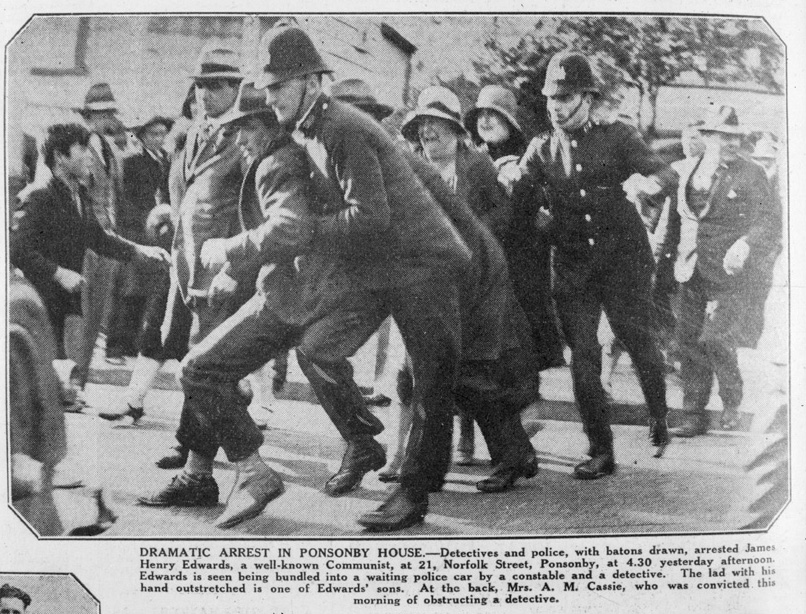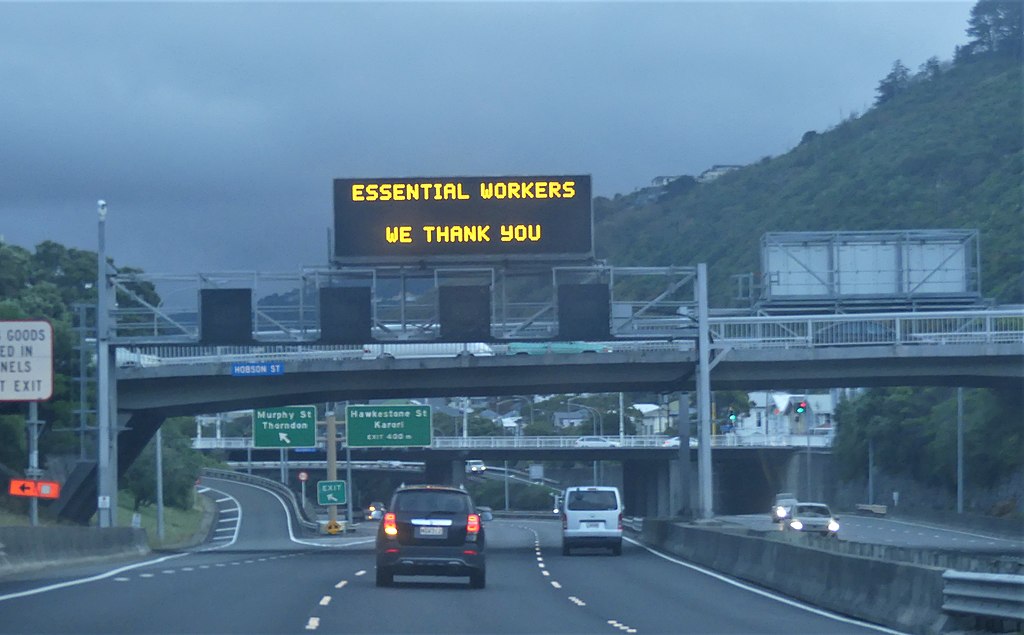Over the years of the ever-present housing crisis the amount of people renting in the private sector has grown. One in three Kiwis now rent, and they are renting for longer and having to pay out more of their income as well. Despite this, our tenancy laws are still heavily based on a time in the Eighties when private-sector renting was seen as accommodation for students or a stopgap between moving out of your parents’ house and owning your own. Also, the amount of rental stock available, its physical condition and the type of stock has not kept up with these changes. There has been mild reform of our tenancy laws but they do not go far enough and are still pitiful when compared to other OECD countries. The power balance between landlord and tenant is still heavily weighed to the former.
Being a private-sector renter means living with the feeling of insecurity. In the back of your mind you think that any day you could receive a notice from your landlord telling you that the place you have come to think of as home, and the community around it, will be taken away from you, your family or peers. That would mean the stressful quest of finding a new place to live in an out of control market will be your reality until you find a new place. You will have the cost of moving and getting together a new bond and rent in advance. The Residential Tenancies Amendment Act 2020 reform has taken away no-fault evictions but still leaves the landlord several options and loopholes to get tenants out. It is still early days for the changes and it is yet to be seen whether they will defend tenants.
Renters put up with substandard housing that can have detrimental effects on their health and wellbeing. Small and large problems are often ignored. Asking to have repairs or improvements carried out is often met with interrogation, blame, complaint and foot-dragging from the owner. And moving out is risky with no guarantee the next rental will be better, if you manage to find one. Landlords know that in the current environment they can get away with substandard housing. Yes, the Healthy Homes Standards are there but enforcement is mainly left to tenants, not authorities, and so the effectiveness is hit and miss. It should not be up to tenants to know formulas for insulation and heating, and then crawl into access spaces and check that what has been installed is appropriate and matches what is listed on the certificate. The standards only cover insulation and heating and ignore other problems which should be regulated, such as dampness, weather tightness, draughts, structural problems, and unsafe wiring. Renters deserve safe and warm homes and the burden to prove this should not fall on them. Landlords enforce quarterly, privacy-invading inspections to check that the property is being kept in good condition but don’t want inspections by a state or local government agency to check on the actual livability of their property — it is quite hypocritical.
The Tenancy Tribunal, with its purpose of settling disputes between tenant and landlord, is an ineffectual, slow moving, hard to navigate system for tenants to get resolutions to their disputes. The value of damages given to tenants who win their cases is usually minor, at the low end of what can be awarded, and is no real deterrent to the landlord to repeat the failings that brought a case against them. Often by the time the case is heard the tenant has already left the property due to frustration, or retaliation from the landlord, allowing them to pay the fine and just let their property to the next set of tenants with no improvements to the problems raised during the process. Tenants risk being put on a blacklist for bringing a case to a tribunal. Property managers and landlords can check names against tribunal cases. All of these factors show the power imbalance in using the tribunal process as a way of resolving disputes. It is no surprise that 80 percent of cases are brought forward by landlords. Taking a case to the tribunal as a tenant is incredibly risky: the time and effort needed to pursue a case is large, the rewards trivial, the risk of retaliation high and your name can be put on a blacklist. A mild change in the reforms is that a tenant can now have their details anonymised; however, only when winning a case and it is not automatic, requiring additional hoops to jump through.
Anyone can be a landlord or property manager: there is no list of them, let alone registration, vetting or a set of standards to follow. They can behave unethically, break the law, pay the fines but not stop carrying on as usual. These are people who have keys to your home and all you can do is hope they are not one of the worst. Once again, all the power is in landlords’ hands. They regularly ask for more personal information than is legally permitted to vet prospective tenants, but trying to get information on them is hard. Some form of registration of landlords and supervision by local councils is needed. The current regime is ripe for exploitation.
Being a private-sector is hard yet there are those that have even fewer rights, such as boarders, students in halls of residence and tenants in transitional housing. The current situation will only continue to become worse unless something changes. Bar a socialist revolution, there is no one silver bullet for the housing crisis. But for private-sector renters, as with others affected by the crisis, the most effective action to make a difference would be a massive state housing building programme. That would take the pressure off the private market and rents would drop. Other measures that could be taken are: statutory rent control; further strengthening of tenancy law to ensure tenants are guaranteed occupancy until they want to leave, allowance of pets, modest improvements by tenants, creating a landlord and property manager register, a code of practice, increased and enforced penalties for landlords who break the law. A healthy and secure home is the minimum renters should expect to get. This will not come from slowly reforming a broken system that is no longer fit for purpose. The time has come for action to prohibit exorbitant rents and subpar housing.








